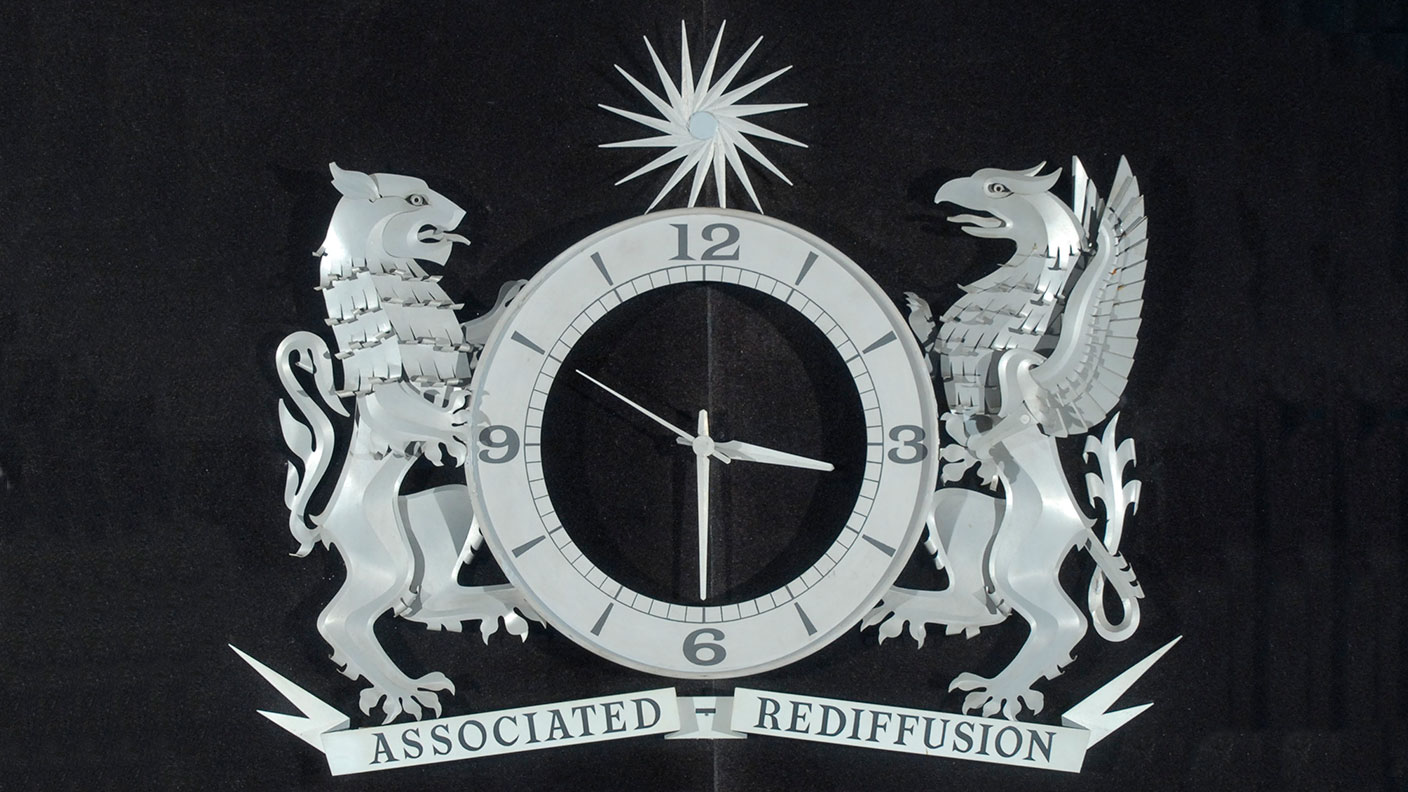
Get the latest financial news, insights and expert analysis from our award-winning MoneyWeek team, to help you understand what really matters when it comes to your finances.
You are now subscribed
Your newsletter sign-up was successful
Want to add more newsletters?

Twice daily
MoneyWeek
Get the latest financial news, insights and expert analysis from our award-winning MoneyWeek team, to help you understand what really matters when it comes to your finances.

Four times a week
Look After My Bills
Sign up to our free money-saving newsletter, filled with the latest news and expert advice to help you find the best tips and deals for managing your bills. Start saving today!
Until 1955, there wasn't much choice of what to watch on British TV – you got one channel: the BBC. But the Television Act 1954 changed all that. It authorised the creation of the first commercial television network in the UK, overseen by the Independent Television Authority.
Many people were worried that commercial broadcasting would lead to a dramatic fall in standards. So a requirement to produce quality programmes was included. Six franchises were put out to tender. And at 7:15pm on 22 September, Associated-Rediffusion – which had been awarded the London weekday franchise – began broadcasting.
The first thing to air was a five-minute introductory film (which you can see below); then it was off to London's Guildhall, where viewers were treated to a gala evening of live variety entertainment. Just under an hour later, Britain's first TV advert was aired for Gibbs SR toothpaste.
MoneyWeek
Subscribe to MoneyWeek today and get your first six magazine issues absolutely FREE

Sign up to Money Morning
Don't miss the latest investment and personal finances news, market analysis, plus money-saving tips with our free twice-daily newsletter
Don't miss the latest investment and personal finances news, market analysis, plus money-saving tips with our free twice-daily newsletter
After ten years, the regional franchises came up for renewal. Just one was not re-awarded to the existing franchisee – Wales West and North was taken over by Television Wales and West.
In 1968, there was a big reorganisation of the franchises, which saw Thames TV and London Weekend come into being.
In 1990, the requirement to produce quality TV was done away with in the franchising process, and franchises were effectively handed to the highest bidder. A year later, Thames TV was outbid by Carlton, which offered £43m for its licence.
Ownership regulations were relaxed in 1994, ushering in the first wave of consolidation in the industry. Three years later, a second wave of mergers left three major players Carlton, United News and Media, and Granada.
By 2000, just Granada and Carlton remained. They merged in 2004 to form ITV plc in a £4 billion deal, leaving one company in control of all the franchises in England and Wales.
Get the latest financial news, insights and expert analysis from our award-winning MoneyWeek team, to help you understand what really matters when it comes to your finances.

-
 Should you buy an active ETF?
Should you buy an active ETF?ETFs are often mischaracterised as passive products, but they can be a convenient way to add active management to your portfolio
-
 Power up your pension before 5 April – easy ways to save before the tax year end
Power up your pension before 5 April – easy ways to save before the tax year endWith the end of the tax year looming, pension savers currently have a window to review and maximise what’s going into their retirement funds – we look at how
-
 31 August 1957: the Federation of Malaya declares independence from the UK
31 August 1957: the Federation of Malaya declares independence from the UKFeatures On this day in 1957, after ten years of preparation, the Federation of Malaya became an independent nation.
-
 13 April 1960: the first satellite navigation system is launched
13 April 1960: the first satellite navigation system is launchedFeatures On this day in 1960, Nasa sent the Transit 1B satellite into orbit to provide positioning for the US Navy’s fleet of Polaris ballistic missile submarines.
-
 9 April 1838: National Gallery opens in Trafalgar Square
9 April 1838: National Gallery opens in Trafalgar SquareFeatures On this day in 1838, William Wilkins’ new National Gallery building in Trafalgar Square opened to the public.
-
3 March 1962: British Antarctic Territory is created
Features On this day in 1962, Britain formed the British Antarctic Territory administered from the Falkland Islands.
-
10 March 2000: the dotcom bubble peaks
Features Tech mania fanned by the dawning of the internet age inflated the dotcom bubble to maximum extent, on this day in 2000.
-
9 March 1776: Adam Smith publishes 'The Wealth of Nations'
Features On this day in 1776, Adam Smith, the “father of modern economics”, published his hugely influential book The Wealth of Nations.
-
 8 March 1817: the New York Stock Exchange is formed
8 March 1817: the New York Stock Exchange is formedFeatures On this day in 1817, a group of brokers moved out of a New York coffee house to form what would become the biggest stock exchange in the world.
-
7 March 1969: Queen Elizabeth II officially opens the Victoria Line
Features On this day in 1969, Queen Elizabeth II took only her second trip on the tube to officially open the underground’s newest line – the Victoria Line.
